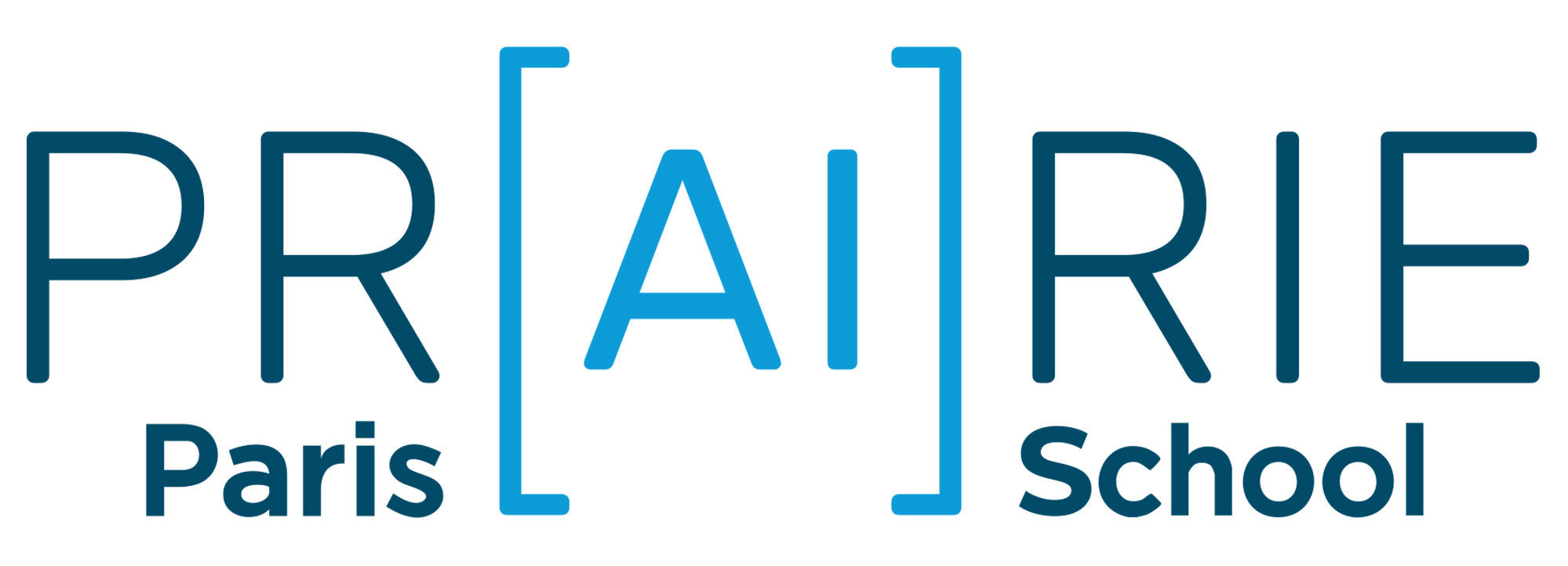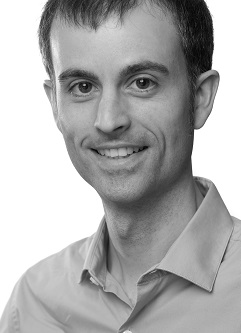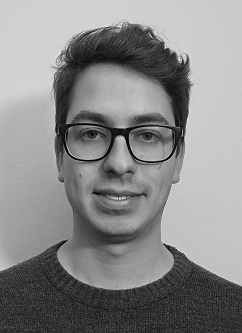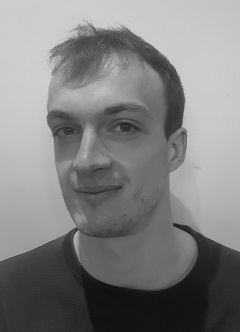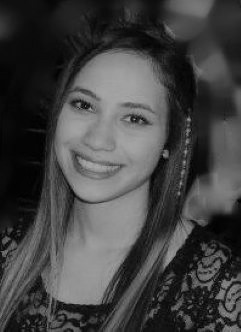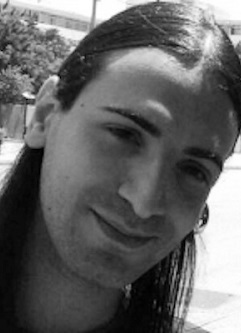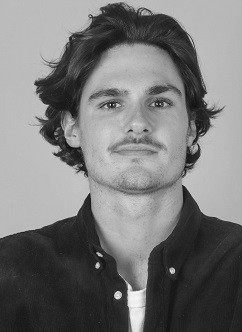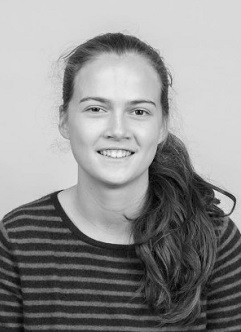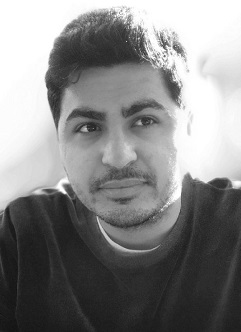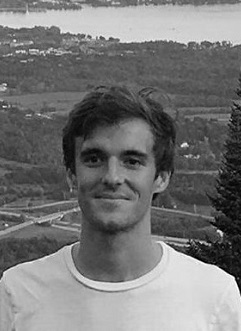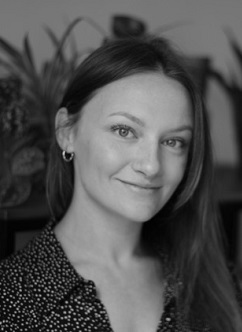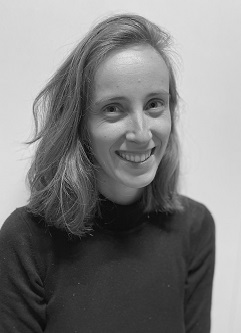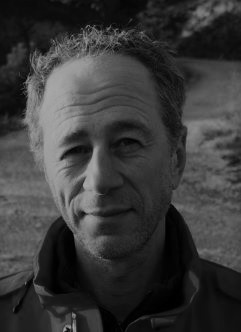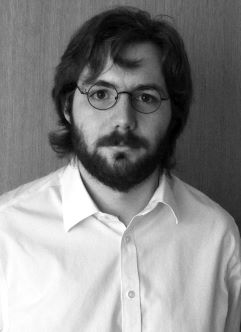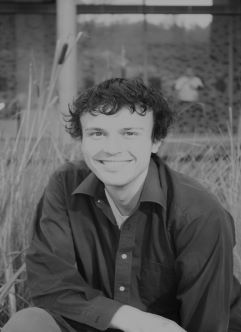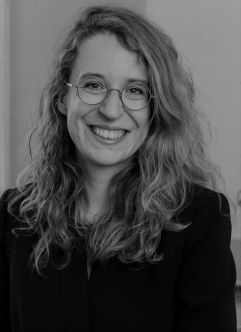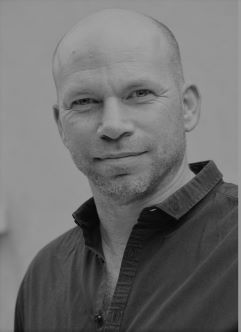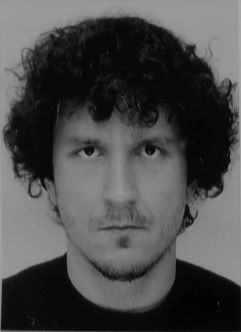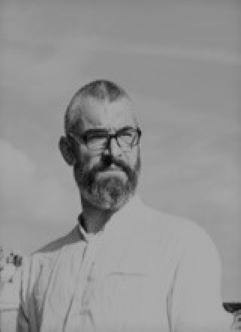TRIGG Scott
Observatoire de Paris-PSL
scott.trigg [at] obspm.fr
Short bio
MA (Mathematics), MA (History of Science), PhD (History of Science), University of Wisconsin-Madison
Research project
EIDA – Editing and analysing historical astronomical diagrams with artificial intelligence.
Short abstract
The EIDA project is applying deep learning for computer vision to develop new algorithms and tools for analysis of the material and epistemological aspects of diagrams in premodern astronomy on a global scale, and inventing new standards for natively-digital critical editions of diagrams.
BRUNELLI Filippo
filippo.brunelli [at] inria.fr
Short bio
- Bachelor degree in Mathematics – University of Trento
- Master degree in Mathematics – University of Pisa
Thesis title
Graph algorithms for temporal graphs and transport networks.
Short abstract
Temporal graphs arose with the need to better model contexts where the appearance of interactions or connections depends on time, such as epidemic propagation or transport networks. While classical notions such connectivity and shortest paths have been extensively studied in static graphs there is still room for improvement in the temporal case.
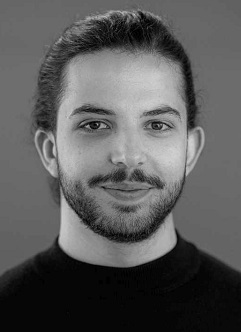
Theo Bodrito / Doctorant - équipe WILLOW / Centre Inria de Paris
BODRITO Théo
theo.bodrito [at] inria.fr
Short bio
Engineer’s degree (Mines Paris)
Thesis title
Deep Learning for Exoplanet Detection.
Short abstract
The goal of this thesis is to develop machine learning models and algorithms for detecting exoplanets by using direct imaging techniques.
BONTE Thomas
thomas.bonte [at] mines-paristech.fr
SHORT BIO
Ingénieur Civil des Mines de Paris – Mines ParisTech
THESIS TITLE
Artificial intelligence for the analysis of label-free microscopy.
SHORT ABSTRACT
Deep learning algorithms outperform traditional methods for common image analysis tasks, with powerful architectures that have been developed recently. The goal of this PhD is to leverage these algorithms to provide tools for biologists in order to help them in their studies. Such deep learning methods will help them save time, avoid tedious annotation or simplify their experiments in their daily studies.
EL JURDI Rosana
Institut du Cerveau – Paris Brain Institute
rosana.eljurdi [at] icm-institute.org
Short bio
PhD from the University of Rouen Normandie
Research project
Deep Learning for Brain Imaging:
- Validation of Deep Learning Segmentation Models
- Segmentation and Survival analysis of Lymphoma in Brain MRI
Short abstract
Reporting standard errors and confidence intervals is crucial in medical image segmentation research, as accurately measuring the level of improvement achieved is challenging. Current methods often report empirical standard deviation, which is biased due to data inter-dependency between folds. In this project, we focus on estimating confidence intervals in order to determine the scientific contribution made by improved performance over the baseline using experiments on 3D image segmentation, providing a more accurate and reliable measure of performance.
BACHTIS Dimitrios
École normale supérieure - PSL
dimitrios.bachtis [at] phys.ens.fr
Short bio
PhD, Swansea University
Research project
Machine learning and the renormalization group.
Short abstract
Guided by insights from the theory of disordered systems, and statistical field-theoretic techniques, we aim to further solidify connections between machine learning and the renormalization group. The project will enable us to further our understanding of neural networks and provide machine-learning enhanced
computational advances to problems of physics.
LUCIANO Antoine
antoine.luciano [at] dauphine.psl.eu
Short bio
Master MASH – Université Paris-Dauphine
Thesis title
ABC methods for PDE
LOIZILLON Sophie
sophie.loizillon [at] icm-institute.org
Short bio
Engineering Degree Bordeaux INP – Université de Bordeaux
Thesis title
Deep learning for assisting diagnosis of neurological diseases using a very large-scale clinical data warehouse.
Short abstract
The aim of this thesis is to design and validate deep learning methods for computer- assisted diagnosis of neurological disorders using a very large dataset (over 100,000 patients) from the AP-HP data warehouse.
YAZDAN PANAH Arya
arya.yazdan-panah [at] icm-institute.org
Short Bio
Diplome d’ingénieur, Grenoble INP Phelma
Thesis title
Deep learning for the analysis of medical images in multiple sclerosis.
Short abstract
Multiple sclerosis (MS) is a chronic disease of the central nervous system with both an autoimmune and a neurodegenerative component. Conventional MRI techniques poorly predict disability worsening, leading to research exploring molecular imaging with PET and new biomarkers, such as choroid plexuses (CPs), which have been proposed as a neuroinflammatory biomarker along the entire disease course. This project aims to develop deep learning methods for automatic processing of MRI data to study CP segmentation and perfusion changes, as well as to explore the clinical course of patients based on the combination of different information.
DUBOIS-TAINE Benjamin
benjamin.paul-dubois-taine [at] inria.fr
Short Bio
- Bachelor in Computer Science – McGill University
- Master 2 – Université Paris-Saclay
Thesis title
Continuous Optimization and applications.
Short abstract
We study continuous optimization problems under different forms, from smooth first-order methods to relaxation of combinatorial problems, with a strong focus on theoretical guarantees. Applications on satellite imagery are also explored.
JENKINS Jade
jade.jenkins [at] inria.fr
Short bio
- MSc Gerontology Research with distinction from the University of Southampton, UK
- BS magna cum laude from the University of New Orleans, USA
Research project
Hyperscanning and social cognition in middle childhood.
Short abstract
ORTHOLAND Juliette
juliette.ortholand [at] icm-institute.org
Short bio
- Master, Sorbonne University
- Engineer, Mines Paristech
Research project
Modelling changes of dynamic over longitudinal data.
Short abstract
The objective is to develop models for longitudinal data and events in the context of neurodegenerative diseases. The models could then be used for prediction and/or for the description of the pathology.
CAPPÉ Olivier
CNRS, DI ENS, Centre Sciences des Données
Short bio
Olivier Cappé is a CNRS senior researcher in the field of machine learning. He worked on various aspects of statistical learning, computational statistics and signal processing, with some applications in the domain of speech and audio processing. His current research mostly focusses on online and reinforcement learning.
Research area
Machine learning
CLÉRICE Thibault
Digital Humanities –AI Applied to SSH
Clerice.thibault[at]algorythme.net
Short bio
Thibault Clérice holds a doctorate in Ancient Literature and Civilization (HISOMA Laboratory, Lyon 3 University). His research focuses mainly on the automatic processing of ancient languages through deep learning, making available to corpora research in computational methods applied to the humanities.
Research project
Studies of ancient cultures and languages in long diachrony.
THOMAZO Michaël
Inria, DI ENS, ENS, CNRS, Université PSL
michael.thomazo[at]ens.fr
Short bio
Michaël Thomazo has been a researcher in Inria since 2015, after having done a post-doc at TU Dresden. He received his PhD from the University of Montpellier.
Research project
Knowledge Representation
PYDI Muni Sreenivas
Electrical Engineering and Computer Science
muni.pydi[at]lamsade.dauphine.fr
Short bio
Muni is currently working on the theoretical aspects of robustness, privacy and fairness of ML systems at MILES team in LAMSADE. He has received his PhD from UW-Madison, USA.
Research project
Trustworthy Machine Learning
SAINT-RAYMOND Léa
PSL Junior Fellow, Director of the ENS-PSL “Observatoire des humanités numériques”
lea.saint-raymond[at]ens.psl.eu
Short bio
Léa Saint-Raymond is Junior Fellow in Digital Humanities at PSL University and associate researcher at the Institut d’histoire moderne et contemporaine. She currently directs the Observatoire des humanités numériques at ENS-PSL.
Research project
Léa Saint-Raymond is currently preparing her HDR degree on the sequestration of cultural property since the 19th century.
LAKRETZ Yair
Departement d’Etudes Cognitives (DEC)
Laboratoire de Sciences Cognitives et Psycholinguistique, Ecole Normale Superieure (LSCP, ENS)
yair.lakretz[at]gmail.com
Short bio
After undergraduate studies in Mathematics and Physics, he did a Master in Philosophy and then a PhD in Neuroscience. He did his post-doctoral research at the NeuroSpin and ICM institutes, Paris, before joining the LSCP, ENS-Paris, as an AI fellow researcher. He studies the computational and mechanistic bases of language in the human brain and deep neural language models.
Research project
Cognitive Neuroscience, Natural Language Processing (NLP).
FERNANDEZ-DE-COSSIO-DIAZ Jorge
Statistical physics and inference for biology
Physics Department of ENS, Paris
j.cossio.diaz[at]gmail.com
Short bio
After graduating in physics from the University of Havana, he did his PhD at the Center of Molecular Immunology, Cuba. He is now in Paris, ENS, where he works on topics at the intersection of machine learning, statistical physics, and biology.
Research project
Machine learning and statistical physics methods applied to biological sequence (RNA, protein) analysis.
LECHENAULT Frédéric
frederic.lechenault[at]phys.ens.frt
Short bio
Experimental physicist interested in understanding the emergence of shape, memory and functions in soft matter, and recently with the help of reinforcement learning.
Research project
Soft matter, disordered systems and memory, artificial intelligence.
